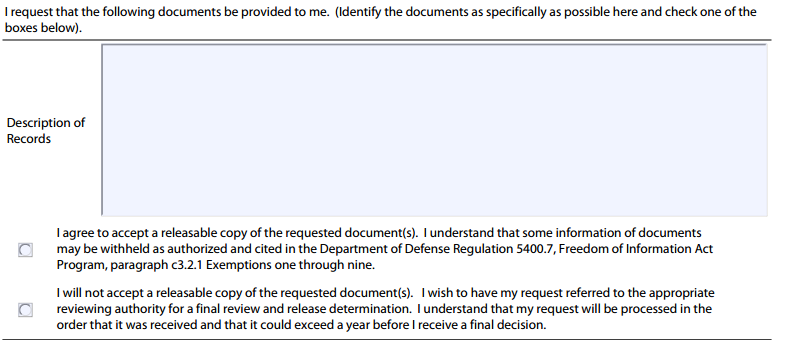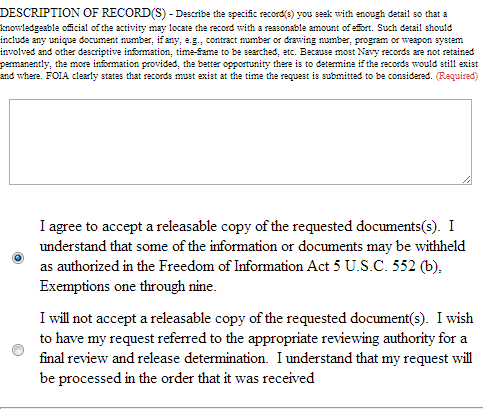Executive Summary
“It seemed like a win for everyone involved when a startup car company, backed by political heavyweights, wooed investors with plans to build a massive auto plant in the Mississippi Delta, hire thousands of people and pump out a brand new line of fuel-efficient vehicles…But today, the company is under a federal investigation and about the only thing on its land in Tunica County is a temporary construction office.”
– Associated Press, August 12, 2013
Less than half of all businesses started between 1977 and 2000 survived to five years. Market competition is cruel but it’s not unfair. Unfair is when political heavyweights use their influence to skew the market and force taxpayers to underwrite the risk of speculative new business ventures; taxpayers suffer while crony companies reap the profits. Such is the case with GreenTech Automotive, Inc. (GreenTech), a startup automobile manufacturer that promised jobs and economic growth in Virginia and Mississippi but has failed to deliver. The following report is the latest from Cause of Action’s (CoA) investigations into companies that rely upon the politically powerful, not the competitive marketplace, to determine economic winners and losers.
The story of GreenTech and its principals, Terry McAuliffe and Charles Wang, weaves a tale of promises to invest billions of dollars and create thousands of jobs as a result of alleged technological breakthroughs. What is becoming increasingly likely, however, is that taxpayers will instead bear the costs of broken promises by subsidizing a failed business that used political connections and pressure to profit from taxpayer dollars.
Terry McAuliffe has made a career of using politics to profit.
As far back as 1997, Business Week declared that “[m]any of Terry McAuliffe’s business deals are intertwined with his political interests.” According to Leaders Magazine in 2007, McAuliffe “started over two dozen companies in the fields of banking, insurance, marketing, and real estate. McAuliffe served as Chairman of Federal City National Bank and, most recently, was an owner and Chairman of American Heritage Homes.” These companies and his political fundraising career earned him millions in personal profit, but also brought Department of Justice investigations, accusations of conspiracy and illegal donation schemes, and Department of Labor penalties. What is clear is that political fundraiser and businessman McAuliffe has made a habit of using his connections and favors to rake in profits, and he has continued that pattern with GreenTech. After receiving campaign contributions from Charles Wang in 2008 for his first gubernatorial bid, Terry McAuliffe made his deep political Rolodex available for GreenTech’s benefit. As Amy Gardner from The Washington Post has observed, many of McAuliffe’s biggest business deals “came in partnership with prominent donors and politicians, creating a portrait over the years of a Washington insider who got rich as he rose to power in the Democratic Party.” He continued that pattern with GreenTech, benefitting the company through his own political connections.
- In 2008, Charles Wang made a $50,000 donation to Terry McAuliffe’s gubernatorial campaign. Shortly thereafter, Wang’s company merged with what is now GreenTech and McAuliffe was named Chairman.
- As GreenTech Chairman, in an email to then-Governor Haley Barbour, McAuliffe cited efforts by U.S. Senators Thad Cochran (R-MS) and Roger Wicker (R-MS) to pressure the United States Citizenship and Immigration Services (USCIS) Director Alejandro Mayorkas into fast-tracking EB-5 visa applications that would provide Chinese investments for GreenTech.
- McAuliffe sent numerous emails to Director Mayorkas and Douglas Smith, Department of Homeland Security’s assistant secretary for the Office of the Private Sector, expressing frustration with USCIS’ slow visa approval process. Smith attended GreenTech’s groundbreaking at its temporary Horn Lake facility, where McAuliffe also privately met with President Bill Clinton and Chinese investors.
- Anthony Rodham, brother of former Secretary of State Hillary Clinton, is President and CEO of Gulf Coast Funds Management (Gulf Coast) the country’s largest Regional Center for processing EB-5 investments, and the manager of EB-5 investments for GreenTech.
GreenTech utilized the EB-5 visa program as a catalyst for favors and a prop for business deals.
In 2008, Gulf Coast, a sister company of GreenTech, used political pressure to position itself as a powerful Regional Center for managing two states’ EB-5 investments, yielding large profits. GreenTech was financed by Chinese investors with a strong interest in securing visas in exchange for millions of dollars in capital through EB-5.
- Then-Mississippi Governor Haley Barbour, one of Terry McAuliffe’s current business partners, contacted Barbara Velarde, the head of the USCIS office that oversees the Regional Center program, urging the agency to designate Gulf Coast as the Regional Center for the entire state of Mississippi.
- Kathleen Blanco, who was Governor of Louisiana at the time that USCIS approved Gulf Coast’s application, is currently a member of Gulf Coast’s board.
- Between 2009 and 2012, GreenTech raised $67 million from more than one hundred EB-5 investors. Gulf Coast has collected a total of approximately $7.4 million in profits from GreenTech investors.
GreenTech is abusing taxpayer funds.
Under the leadership of Charles Wang and Terry McAuliffe, GreenTech submitted exaggerated projections about its manufacturing output and job creation prospects, convincing Mississippi state officials to award millions of taxpayer dollars in loans and tax incentives to develop a GreenTech plant within the state.
- In exchange for a promise to build a manufacturing facility in Tunica County, the Mississippi Development Authority (MDA) agreed to provide a $3 million loan to GreenTech from the Mississippi Industry Incentive Financing Revolving Fund to construct an access road to the facility.
- A $2 million loan was given to the Tunica County Economic Development Foundation to purchase the site on which the facility would be built. GreenTech received a host of tax breaks and incentives including reduced state income, franchise, property, sales and use taxes and income tax rebates for company employees.
- GreenTech has claimed that it will create 25,000 direct jobs that will each create 11.86 indirect and induced jobs, or 296,500 jobs in total. This is problematic both in expectation and legality given that current law provides for no more than 10,000 EB-5 visas per year.
While it is unknown whether GreenTech will meet its own estimate of 25,000 full-time jobs in Mississippi by 2014, according to NBC12 News in Richmond, Va., a former GreenTech employee claims that GreenTech’s “lofty goals were nowhere near reality.”
What follows in this report are these and additional findings from a six-month investigation of the relationships and political deals that allowed GreenTech to entice Mississippi into a misbegotten experiment in green automotive technology. As this report reveals, the real engine driving GreenTech’s business plan appears to be its management’s extraordinary talent for exploiting taxpayers to advance their own interests.
PDF: GreenTech Automotive: A Venture Capitalized by Cronyism
Exhibits:Exhibits 1-32
GTA Exhibit 6 (here) was the Document used in a Washington Post story

